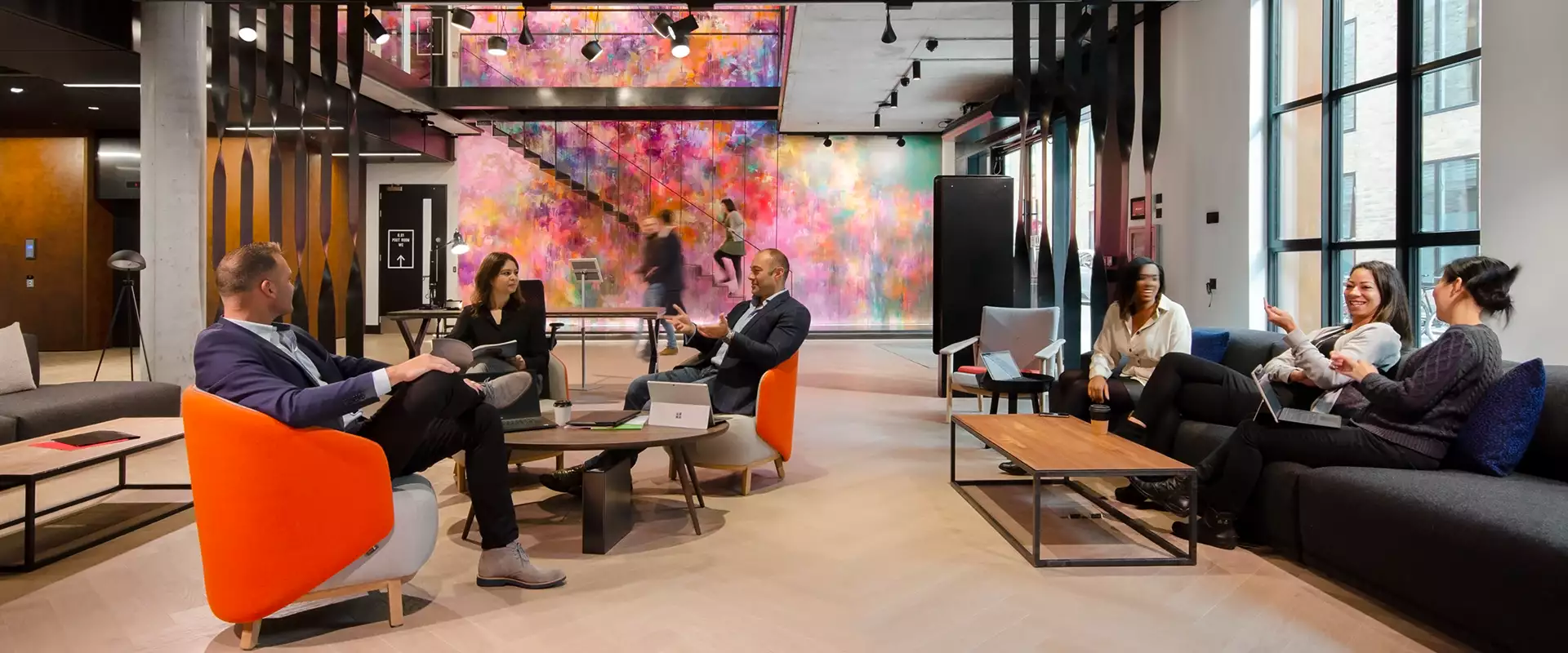
Green electricity: renewable energy supplies for businesses
This article was written by Sophy Fearnley-Whittingstall of Good Energy, a UK company that supplies 100% renewable energy to consumers and businesses.
The case for reducing the carbon footprint of your business is a strong one. Increasingly, consumers are swayed by the ethical and environmental credentials of organisations. Showing you’ve made the effort to cut your carbon emissions will set you apart from your competitors – something that is especially important if you are a new business trying to make your mark.
This seems intuitive, and is backed by solid research. An Accenture survey of over 750 global CEOs published in 2010 showed that 93 percent see sustainability as being important to their success, while 72 percent cite “strengthening brand, trust and reputation” as the strongest motivator for taking action on sustainability issues.
In another recent survey of 500 UK executives nearly 60 percent said sustainability could increase their businesses market share, and almost half felt it could boost profits by making their operations more efficient.
As electricity accounts for 42 percent of the UK’s carbon emissions, one of the simplest ways to reduce your business emissions is to switch to a renewable electricity supply, or ‘green tariff’, preferably from a 100 percent renewable supply company. Alongside implementing energy efficiency measures, purchasing renewable power should form an integral part of any business CSR policy or ‘green’ strategy.
Understanding your electricity ‘profile’
Every property has a profile class, whether it is a domestic or commercial. The profile class will provide the electricity supplier with an understanding of expected consumption pattern for each supplied property; they can also provide an idea of any seasonal variations in usage.
There are nine different profile classes:
- Profile Classes 1 and 2 are for domestic premises
- Profile Classes 3 and 4 are for non-domestic premises
- Profile Classes 5 to 8 are non-domestic premises with maximum demand (MD) metering
- Profile Class 00 is for non-domestic sites with half hourly metering
It is important to know what your profile class is if you are a business because it will affect the type of electricity contract you enter into for your electricity supply.
Choosing a green electricity supply
With so many different ‘green’ electricity tariffs on the market, it can be hard to sort out the genuinely green from the greenwash. For smaller businesses (profiles 3 to 4), the Green Energy Supply Certification Scheme is a good place to start. Launched in 2010, this independent Scheme ensures that renewable energy products deliver a measurable environmental difference and that their provenance is fully guaranteed.
Another important measure of greenness is fuel mix, as it demonstrates an energy supplier’s overall commitment to renewables. The average proportion of renewable electricity supplied in the UK is 6.6%. Some utility providers supply less than that, some do much, much better. Fuel mix can be viewed on this independent website.
If your profile class is 5 to 8, or you have half-hourly metering, you will need to contact an energy supplier directly to request a quote for your situation. Some suppliers offer renewable electricity tariffs that should be exempt from the Climate Change Levy. Businesses on these tariffs don’t have to pay CCL on their electricity bill – so it is always worth asking their policy on this.
Reporting your carbon emissions
Currently, reporting carbon emissions for most businesses is voluntary. But if you are looking to reduce your emissions, obviously identifying how much you are emitting and from what sources is a crucial first step.
However for very large businesses, the Government’s CRC (formerly the Carbon Reduction Commitment) energy efficiency scheme requires mandatory emissions reporting. This applies to all businesses who have a half hourly meter installed in at least one of their premises, and who use over 6,000MWh a year.
And the Government is currently consulting on making emissions reporting mandatory for all businesses, with a decision expected by April 2012. Currently only nine percent of FTSE 100 companies report their carbon emissions in adherence with DEFRA guidance, the UK’s primary voluntary reporting methodology.
One problem with the current system is that for businesses who do report their emissions they have to calculate the electricity they purchase based on a ‘Grid-Average’ emission factor (of 0.545gCO2 for every kWh they purchase) even if they are signed-up to a 100 percent renewable tariff or even if they generate their own renewable power on site – even though renewable energy has zero carbon emissions.
What next? Generate your own green power
Having addressed your energy efficiency and switched to a green electricity supply, what can the eco-aware and ethical business do next? As all effective CEOs know, good business isn’t just about keeping your costs down, it’s about forecasting your costs with a degree of certainty. When it comes to energy, investing in decentralised renewable generation doesn’t just give businesses good environmental credentials – increasingly important for today’s consumers – but control over their future energy costs, with accompanying financial benefits.
Such investments, where the fuel, be it wind, sunshine, biomass or water, is effectively free, can enable a firm to set part of its energy prices with relative certainty for the next 20 years, providing an effective hedge against the unpredictable gas and electricity markets and better energy security. The introduction of the government Feed-in Tariff (a subsidy for small-scale independent renewable generators) in April 2010 has made the business case even more compelling.